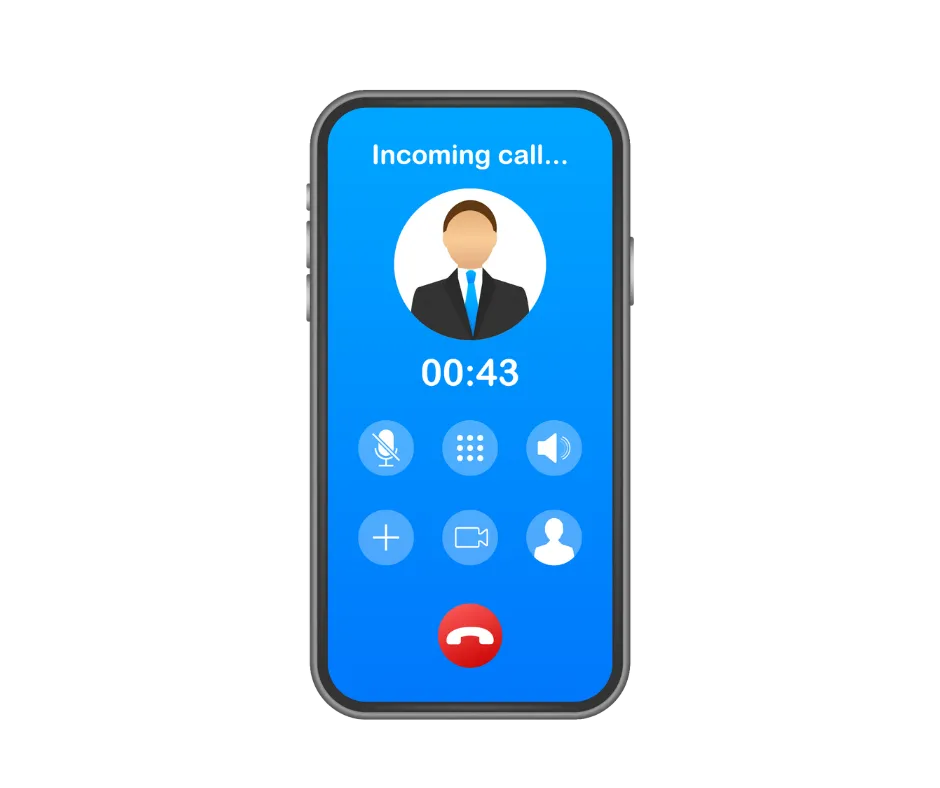Psychiatric Disorders

Our Approach
Depression
Ketamine provides unique benefits compared with other treatment modalities for Depression. ‘
Normally antidepressants take weeks or even months before they begin to work, and they can require multiple trials of different medications to find one that works for you personally. On the other hand, ketamine has been shown to start producing change/relief of symptoms as soon as within the first hour after the initial treatment.
While research continues to determine the exact mechanisms which produce Ketamine’s effectiveness, current theories suggest that ketamine may
Causes physical growth in the prefrontal cortex (an area critical for managing impulses and other high level thinking processes)
Increases the formation of new synapses in the brain
Reduces signals involved in inflammation
Restores coordinated circuit activity
Facilitates communication in specific areas of the brain

How it Works
Standard drugs focus on changing the brain chemicals available in synapses to improve mood. However, ketamine has been shown to actually repair neuron synapses. This difference is hugely important to long term outcomes and benefits as healing the brain helps overcome the root causes rather than just managing symptoms. Ketamine also increases glutamate levels in the brain, which antidepressants do not change.
Glutamate is the most abundant neurotransmitter in the brain. It helps to regulate other messages being passed through the brain. Therefore helping to manage glutamate levels impacts other neurotransmitters. Glutamate levels and activity have increasingly been linked to experiencing mental health disorders, including depression, anxiety and Bipolar disorder.
How it’s administered
It’s administered by an IV infusion in the arm. Effects generally last for days or even weeks. Usually, it’s administered in a tapering sequence in which patients receive infusions more frequently at first and then taper off to a maintenance level according to individual need.
When to choose Ketamine
Ketamine is given when other antidepressants don’t work, so one step toward ketamine infusion therapy is attempting other drug support first. Chances are, if you are looking into this, you have already experienced other failed treatment options. Part of our treatment planning/screening process will be to determine if you qualify.
Psychotherapy to help manage the psychological aspects of the distress can further support or even enhance outcomes as clients work to create new patterns for living and functioning in their environment.
Anxiety
Ketamine infusion therapy is very well researched and is supported by evidence, including a 30 year FDA approved safety profile. Ketamine therapy typically begins to be effective within hours of treatment and symptoms can remain controlled for weeks to months between treatments. This rapid impact is very distinct from traditional psychotropic meds which either focus on immediate relief of symptoms or take weeks to months to impact the client and work to regulate the mood overall.
Ketamine infusions are used to successfully treat a range of anxiety disorders, including generalized anxiety disorder (GAD), social anxiety disorder (SAD), panic disorder, obsessive-compulsive disorder (OCD), PTSD, and anxious bipolar depression.
One reason it is believed that ketamine infusion therapy is believed to be so effective is that it works on the neurotransmitter glutamate, the most common neurotransmitter in the brain. Updated science increasingly supports the idea that glutamate is often a major player in anxiety and depression disorders. Traditional medications have zero impact on the glutamate pathway.
Ketamine infusion is a huge advance in the treatment of anxiety disorders. Optimal ketamine therapy requires one-hour treatments in well-controlled clinical settings staffed by experienced and knowledgeable medical professionals.
How it’s administered
It’s administered by an IV infusion in the arm. Effects generally last for days or even weeks. Usually, it’s administered in a tapering sequence in which patients receive infusions more frequently at first and then taper off to a maintenance level according to individual need.
When to choose Ketamine
Ketamine is given when other antidepressants don’t work, so one step toward ketamine infusion therapy is attempting other drug support first. Chances are, if you are looking into this, you have already experienced other failed treatment options. Part of our treatment planning/screening process will be to determine if you qualify.
Counselling to help manage the psychological aspects of the distress can further support or even enhance outcomes as clients work to create new patterns for living and functioning in their environment.
Bipolar Disorder
Ketamine can be used with Bipolar Disorder, but is not a good fit for patients with active psychosis, mania or unstable cardiovascular disease now would it be good for children. It is thought to benefit Bipolar patients much the same way it helps with depression. Please read the section on depression for more details.
How it’s administered
It’s administered by an IV infusion in the arm. Effects generally last for days or even weeks. Usually, it’s administered in a tapering sequence in which patients receive infusions more frequently at first and then taper off to a maintenance level according to individual need.
When to choose Ketamine
Ketamine is given when other antidepressants don’t work, so one step toward ketamine infusion therapy is attempting other drug support first. Chances are, if you are looking into this, you have already experienced other failed treatment options. Part of our treatment planning/screening process will be to determine if you qualify.
Psychotherapy to help manage the psychological aspects of the distress can further support or even enhance outcomes as clients work to create new patterns for living and functioning in their environment.
Chronic Pain
Ketamine can give significant benefit to patients with CRPS 1 and 2 , Fibromyalgia, various types of Neuropathies, Pelvic Pain, IBS, Endometriosis severe Migraine and many other chronic pain disorders . There are often strong links between chronic pain and depression.
Frequently those suffering long-term pain and health problems such as neuropathy and spinal pain feel stuck or trapped and develop depression. Waking to daily debilitating or even just limiting pain can be difficult to accept and lead to anger, hopelessness, and worthlessness. It can also undermine relationships and other aspects of life that can create feelings of pleasure and growth.
Ketamine infusion may be the right choice for you if you have already experienced other unsuccessful attempts to manage your pain and/or depression..
Understanding intravenous Ketamine infusion therapy
Ketamine first saw use in the 1960’s for surgical purposes for it’s anesthetic properties. It has now been used to treat chronic pain and depression for over 10 years. By using doses that are lower than those required for anesthesia, intravenous (IV) ketamine infusions successfully reduce pain and alleviate feelings of depression, especially when the depression is severe. While we are still developing understanding as to the pathways by which it provides relief, it likely impacts receptors in your brain that communicate feelings of pain and despair.
Ketamine is known to bind to n-methyl-D-asparate (NMDA) receptors in the brain. This increases the quantity of glutamate, a neurotransmitter. Glutamate activates brain connections which trigger the release of molecules helpful neurons build new pathways to communicate with one another in the brain. This process, synaptogenesis, is thought to help change mood and thought patterns.
Simultaneously, Ketamine is believed to reduce brain signals connected to inflammation, a significant contributor to chronic pain. Thus we see that Ketamine works on multiple fronts to decrease pain, improve mood and help you adopt more effective ways of thinking about your condition.
The impact on facilitating transitions in thought processes can also enhance the effectiveness of psychotherapy as the brain is more susceptible to challenging and changing limiting beliefs and thoughts.
Ketamine works quickly
One notable advantage of Ketamine therapy is that it can provide relief within hours of your first appointment for some patients. This improvement can be experienced in both decreased pain and enhanced mood for many patients. For most clients, studies indicate that if you experience improvement after the first 1-3 infusions, you are more likely to extend these positive effects with additional infusions over several weeks. Dr. Shah creates customized plan based on your individual needs and progress.
After the initial course of treatment, Dr. Shah will work with you to determine if there are additional follow up infusions needed to maintain the gains which have been experienced. While this varies from patient to patient, sometimes patients can go weeks or months between infusions while others may not need regular follow up.
Counselling to help manage the psychological aspects of the distress can further support or even enhance outcomes as clients work to create new patterns for living and functioning in their environment.

Book a FREE Call Now!

Book a FREE Call Now!
Ketamine Infusion Therapy Houston and Sugar Land
Call
832-899-4065
Fax
217-531-4770
136 Eldridge Road, Suite A Sugar Land, TX 77478

Business Hours
Mon: 9:00 AM – 5:00 PM
Tue: 9:00 AM – 5:00 PM
Wed: 9:00 AM – 5:00 PM
Thu: 9:00 AM – 5:00 PM
Fri: 9:00 AM – 5:00 PM
© Copyright 2026 . Ketamine Infusion Therapy Houston & Sugar Land. All rights reserved.

